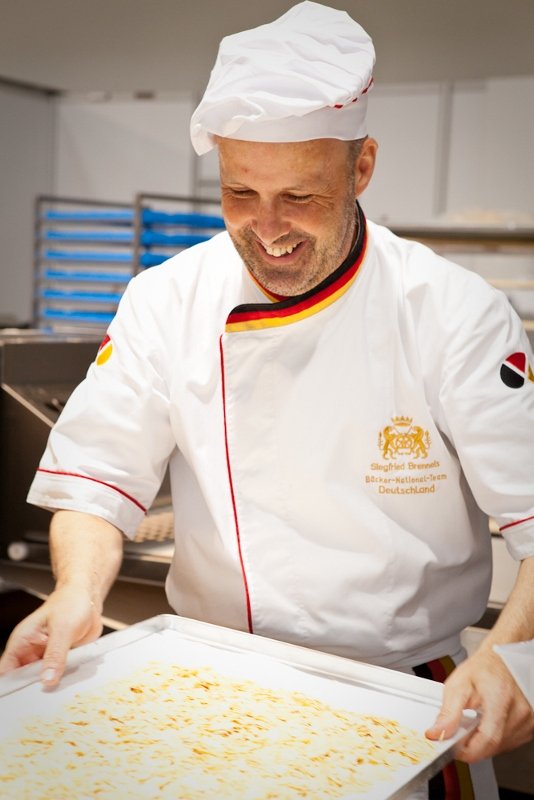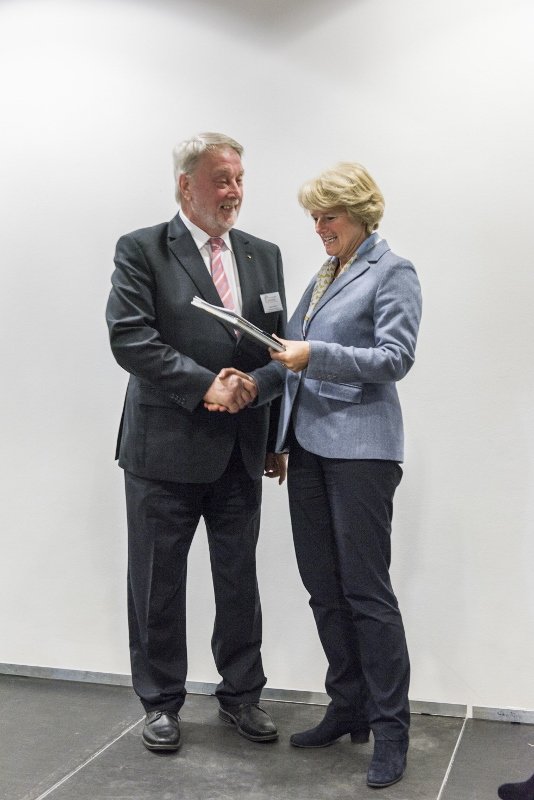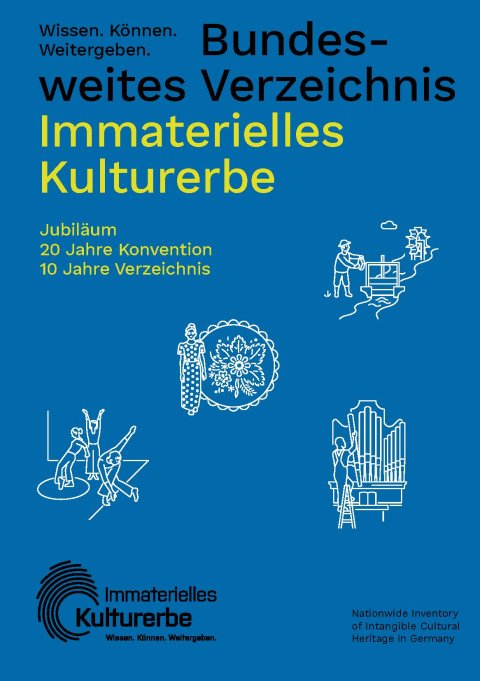Nationwide Inventory of Intangible Cultural Heritage
German Bread Culture

All over the world, German bread is valued for its unique diversity. The knowledge of raw materials, baking procedures and the awareness of tradition is passed on from generation to generation by the master and journeymen to the apprentice. In the baking craft, centuries-old traditions are united with the latest insights and practices.
Facts & figures
Crucial date: all seasons- „Day of German bread” in May
Inscription: 2014
Domains: social practices, rituals and festive events; knowledge and practice concerning nature and the universe; traditional craftsmanship
Where to find: nationwide
Contact
Zentralverband des Deutschen Bäckerhandwerks e.V.
Peter Becker (President) / Amin Werner (General Manager)
@email
www.baeckerhandwerk.de
The regional diversity of the types of bread in Germany is of historical origin and is founded upon the particular soil and climatic conditions as well as upon the political, historical and geographical developments.
Due to the scarcity of resources, times of need, environmental influences and wars the bakers were required to display creativity and resourcefulness time and time again.
The appreciation of bread occupies an outstanding status in family and domestic environments and in the social exchange. The common consumption of bread often lends its name to convivial get-togethers such as the evening meal (German “Abendbrot”, literally “evening bread”).
Bread is also a central component of customs and figures of speech in the Christian and bourgeois context: in the Eucharist bread symbolises the body of Christ, the Harvest Festival Bread is deemed to be the embodiment of thanks for a rich harvest.
New neighbours are often presented with bread and salt upon moving in order to wish them happiness and prosperity.







